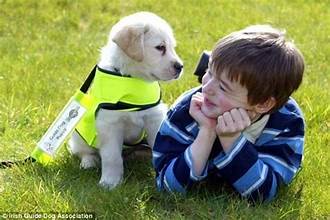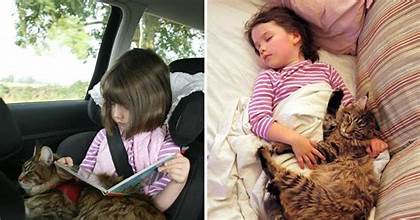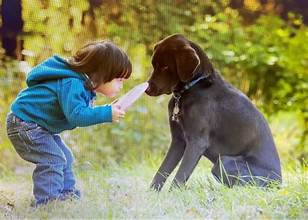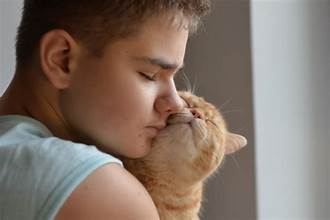Exploring the Benefits, Challenges, and Best Choices for Families
For parents raising a child with autism, every decision is made with love, care, and careful consideration. One question that comes up often is: “Should I get a pet for my autistic child?”
The answer? It depends. Pets can offer incredible emotional and therapeutic benefits for autistic children, but they also come with responsibility, sensory factors, and long-term commitment. In this post, we’ll explore the pros and cons, the science behind animal-assisted therapy, and what to consider before bringing a pet home.
🧠 Can a Pet Help a Child With Autism?
Yes—many autistic children thrive with a pet in the home. Animals can provide comfort, routine, nonverbal companionship, and even help with emotional regulation and social development.
According to research published in the Journal of Pediatric Nursing, families with autistic children often report improved communication, reduced anxiety, and more positive behavior when the child forms a bond with a pet.
💚 Benefits of Having a Pet for an Autistic Child
1. Emotional Support and Comfort
Pets offer unconditional love and are nonjudgmental—something many autistic children find soothing. A pet’s presence during meltdowns or sensory overload can be calming.

2. Encourages Routine
Feeding, grooming, and walking a pet introduces structured tasks into daily life, which can be incredibly beneficial for children who thrive on routine.
3. Improved Social Skills
Animals can help children practice communication and empathy. Talking to a pet or giving commands helps build verbal confidence and trust.
4. Sensory Regulation
Sure, pets (like cats, guinea pigs, or therapy dogs) provide deep pressure touch or soft textures that help calm the nervous system.
5. Reduces Isolation
A pet can become a “bridge” between the child and others. Pets often help facilitate conversations with peers or adults who may not know how to relate otherwise.
⚠️ Things to Consider Before Getting a Pet
While the benefits are promising, it’s also essential to weigh the potential challenges:
- Sensory sensitivities: Some children may be frightened by barking dogs, shedding fur, or unpredictable movements.
- Responsibility: Even with parental support, pets require consistent care, feeding, cleaning, and vet visits.
- Allergies or fears: Consider whether your child has allergies to animals or fears due to past experiences.
- Long-term commitment: Pets are a years-long commitment—be sure your family is ready emotionally and financially.
🐾 What Kind of Pet Is Best?
Not all pets are equally suitable. Start by observing your child’s preferences:
| Pet Type | Best For | Considerations |
| Dogs (especially trained service dogs) | Emotional support, autism-specific tasks | Requires training and time |
| Cats | Quiet companionship, low maintenance | May be aloof; allergies are possible |
| Guinea Pigs | Gentle touch, responsibility | Need daily cage cleaning |
| Fish | Visual stimulation, calming | Minimal interaction |
| Rabbits | Soft textures, nurturing | Fragile and easily startled |
👉 For a full breakdown, read our guide: Which Pet Is Best for an Autistic Child?
👪 Should You Get a Pet? Ask Yourself These Questions:
- Does my child express interest in animals?
- How does my child respond to sensory stimuli (noise, fur, movement)?
- Am I prepared to consistently care for the pet?
- Would a pet add stress or reduce it in our household?
✅ Tips for Introducing a Pet to an Autistic Child
- Start slow – Introduce the idea with books, videos, or a trip to a local shelter or petting zoo.
- Let the child lead – Give your child the chance to approach and interact on their terms.
- Create predictable routines – Set feeding and care times to create structure.
- Provide quiet spaces – Ensure both pet and child have space when needed.
- Use visual supports – Charts or checklists can help your child understand pet care tasks.
💬 Real Parent Testimonial
“Getting a therapy dog for my 9-year-old autistic son changed our lives. His meltdowns are less intense, and the dog helps calm him down faster than we can. It’s like they have their silent language.” – Pam, special needs parent.
🌟 Conclusion: Should You Get a Pet for Your Autistic Child?

A pet can be an excellent companion and source of healing for a child on the autism spectrum—but it’s not a one-size-fits-all decision. Carefully consider your child’s needs, preferences, and your family’s readiness.
If the conditions are right, a pet could be one of the most rewarding additions to your home, for your autistic child, and your whole family.




